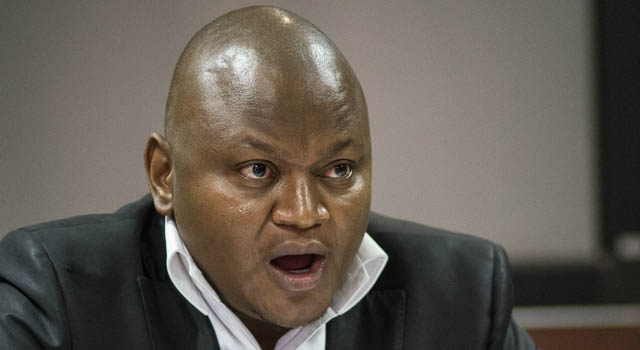
The Press Council of South Africa has told the department of communications that it can’t investigate a complaint of unethical conduct by Sunday Times reporters, a spokesman said on Monday.
The council had said it had “no powers” to investigate, department spokesman Wisani Ngobeni said in a statement.
In a letter to the department, the council wrote: “Unfortunately we are unable to deal with this complaint as the issue of unethical conduct by the editor is not covered by the press code. This matter can only be dealt with by the publication itself.”
Ngobeni said the response raised serious questions about the efficacy of the Press Council, under which the press ombudsman falls, in dealing with malpractice in the press. “This effectively means that all complaints about journalistic malpractice must be referred to the transgressors of the press code of ethics,” he said.
Ngobeni said he had written to the council asking it to investigate the conduct of Sunday Times editor Phylicia Oppelt.
This was in reaction to a report that she gave the Democratic Alliance documents to hand to parliament’s ethics committee, which is conducting an inquiry into communications minister Dina Pule.
Oppelt told City Press she had felt obliged to do so because the Sunday Times was concerned the committee “might reach a finding based on partial or incomplete evidence”.
At the time of the report, Ngobeni said that, as a result, the newspaper was “no longer just the messenger”, but had “become part of the story”. He cautioned that journalists not become “lapdogs for political masters”.
In April, Pule held a media conference at which she alleged that the Sunday Times was staging a smear and blackmail campaign against her.
She claimed business people linked to the newspaper had a vested interest in trying to secure a multibillion-rand set-top box tender and were willing to do anything to get it. Set-top boxes are required for the move from analogue to digital television broadcasting.
Pule detailed several Sunday Times stories written about her which, she claimed, sought to project her as a corrupt minister who could be bribed with a pair of shoes.
In the articles she was accused of giving tenders to a boyfriend, meddling in tender processes, and interfering in the appointment of officials to the boards of state-owned enterprises. — Sapa




